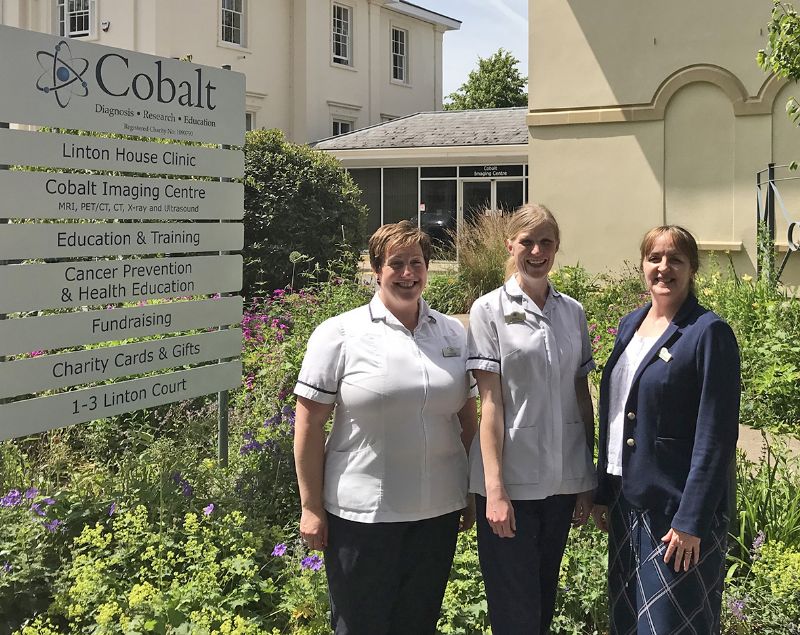- Home
- News, Articles & Reviews
We are hiring! Please click here to join our growing magazine delivery team in Gloucestershire!

Break-through MRI scanner reduces scan times for patients by up to 50%
All Areas > Health & Beauty > General
Author: Lynda Rowland, Posted: Monday, 9th September 2019, 09:00
Royal Philips have announced the results of a three-month pilot in Cheltenham, which has shortened the scan times for their patients with no compromise to image quality, and allowed up to 20 additional patients to be scanned each week, reducing waiting times for a scan.
Local medical imaging charity, Cobalt, introduced Philips’ Compressed SENSE to the latest Ingenia 3.0 Tesla technology in September 2018. Over a period of three months, patient scan times were reduced by 30-50% in some imaging procedures, accommodating up to 20 additional scans per week as a result.
With over 75,000 patients seen each year, both at the Imaging Centre in Cheltenham, at the Institute of Translational Medicine (ITM) Imaging Centre in Birmingham and with the mobile MRI and CT scanners that travel nationally, the introduction of this break-through technology could make a huge difference to patient comfort and convenience, and allow 1,040 more scans to be performed each year.
With the increasing demand, the introduction of Compressed SENSE at the Cobalt centres is supporting practices to clear waiting lists and therefore diagnose more quickly.
“At Cobalt we are looking for ways to streamline the patient pathway through the use of innovative technology” says Karen Hackling-Searle, MRI Department Manager.
“With training provided by Philips, we were very easily able to apply Compressed SENSE to our existing scanning protocols, enabling us to see up to 50% reduction in routine appointment times. By reducing scan time for the individual patient, comfort is increased and risk of the images being affected by motion is reduced.”
“Radiologists want to get the best diagnostic images possible for their patients in a single appointment, while ensuring that their departments work effectively with minimal rescans and rescheduled appointments” says Neil Mesher, CEO, Philips UKI.
A case study highlighting these findings will be available online soon.Other Images
Copyright © 2026 The Local Answer Limited.
Unauthorized use and/or duplication of this material without express and written permission from this site's author and/or owner is strictly prohibited. Excerpts and links may be used, provided that full and clear credit is given to The Local Answer Limited and thelocalanswer.co.uk with appropriate and specific direction to the original content.More articles you may be interested in...


© 2026 The Local Answer Limited - Registered in England and Wales - Company No. 06929408
Unit H, Churchill Industrial Estate, Churchill Road, Leckhampton, Cheltenham, GL53 7EG - VAT Registration No. 975613000You are leaving the TLA website...
You are now leaving the TLA website and are going to a website that is not operated by us. The Local Answer are not responsible for the content or availability of linked sites, and cannot accept liability if the linked site has been compromised and contains unsuitable images or other content. If you wish to proceed, please click the "Continue" button below:




